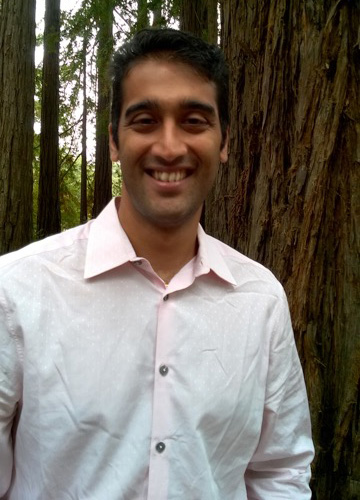I came to love Italian through Dante. It was an early reading of the Comedy as a teenager that made me love poetry and I wanted so much to read it in the original language. As an undergraduate at New York University, I studied Comparative Literature but always kept coming back to Italian and eventually spent my junior year living in Florence. Immersing myself in the culture gave me a whole new perspective on my love of Dante, making the language of medieval poetry come to life in unexpected ways, from proverbs at my host family’s dinner table to cheers at a soccer game at the Franchi (forza Viola!). Though I had the best laid plans of going to law school, I couldn’t resist the allure of continuing to study Italian at a graduate level.
As a graduate student in Italian and Comparative Literature at Columbia, I continued to study Dante, but in a global perspective, combined with Middle Eastern Studies, Classics, and the history of philosophy and science. My research has two main strands: the crossing of poetry and philosophy in medieval Italy by way of the multicultural transmission of knowledge (from Greek to Arabic to Latin to Italian), and the interactions between Western and non-Western culture in popular activities like game-playing and storytelling. I’ve lately been engaged with Digital Humanities as well, relaunching the website Digital Dante and thinking about the intersection of technology and literary studies for a new generation of scholars and students.
What always brings me back to Italian and what animates my teaching is the endless complexity of cultural crossings that is at the heart of Italian culture and the continued vitality of ancient texts, right up to the stormy present. To paraphrase the great Italian philologist Gianfranco Contini, I truly believe that our modern impression of reading Dante is not one of coming upon a survivor of long centuries, but of catching up to someone who got here before we did.

